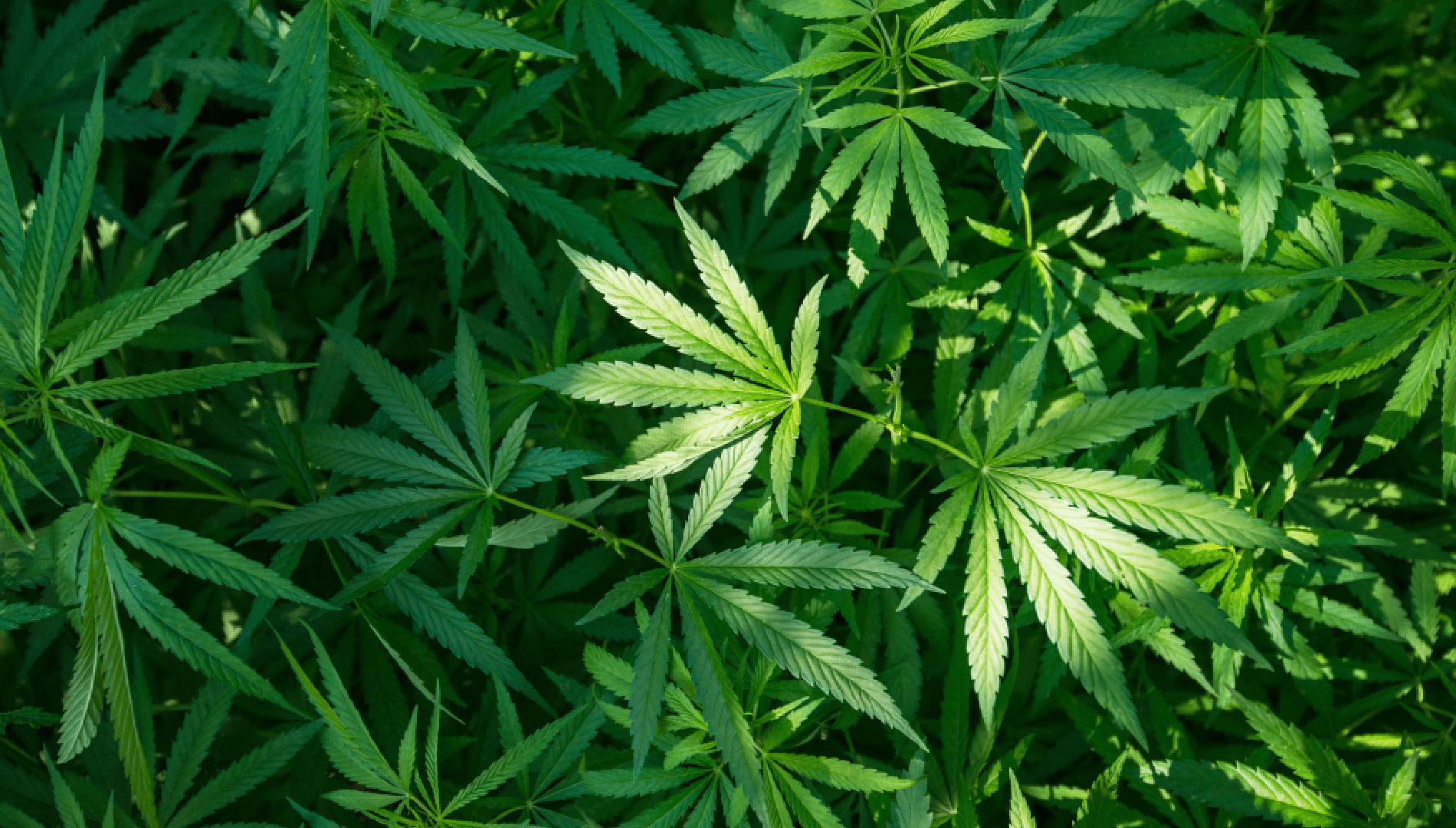Online Betting, Marijuana Altering State Tax Bases
For a long time, US states have used "sin taxes" to raise money on goods including wine, beer, cigarettes, alcohol, and other tobacco products. Marijuana and sports betting have been adopted more recently, changing the revenue structure in certain areas.
There are currently 38 states and Washington, DC that allow sports betting, which is a significant number compared to the 25 states that allow adult recreational cannabis use. According to Moody's Investors Service, legalized sports betting and recreational marijuana use are important sources of income for states and municipal governments.
"Shifting consumer preferences, especially related to alcohol and tobacco, will continue to influence the amount of tax revenue governments can generate,” according to the research firm. “Private industry is responding accordingly, with evolving product offerings that continue to shape the ‘sin tax’ base. Tax rates vary across the country, driving the amount of revenue states and local governments can generate and having varied impacts on consumer behavior.”
State regulators are often enticed by gaming businesses' promises of more revenue if gambling is allowed to expand. Sports betting and recreational marijuana use have been quickly approved in several states, which can be attributed to the possible financial benefits that come with marijuana.
States are placing a greater emphasis on gambling and marijuana taxes
According to Pew, as of 2024, over half of all Americans resided in a state that had either short-term or long-term budget deficits. Big states with some of the toughest budget problems are Pennsylvania, New York, and California.
Of those three, New York and Pennsylvania are home to two of the biggest online sports betting marketplaces in the United States, while California forbids sports betting altogether.
Additionally, the two states in question impose the highest tax rates on that activity.
States tax sports books' gross gaming revenue heavily, but some states let certain expenses to be written off, which could have a long-term negative impact on the sustainability of the industry.
While some governments permit sportsbook operators to deduct promotional expenditures from their taxes, others are actively working to tighten this loophole, as doing so would probably result in more state income.
More Taxes on Marijuana and Betting Than on Alcohol and Cigarettes
States that tax sports betting and marijuana in addition to alcohol and tobacco "generate a minimum of 2.5% of own-source revenue," according to Moody's, whereas just 0.7% are taxed on these items. In addition, there is a growing social acceptability of marijuana and betting.
“Meanwhile, the exploding popularity of online sports betting is pushing casino operators to invest more heavily in mobile gaming,” concluded the ratings agency.
These are some of the explanations for why states like New Jersey (iGaming) and Illinois (sports betting) are requesting tax increases on online gambling. Moody's did note that cigarette taxes are remarkably stable and that many states are seeing increases in alcohol tax income.
